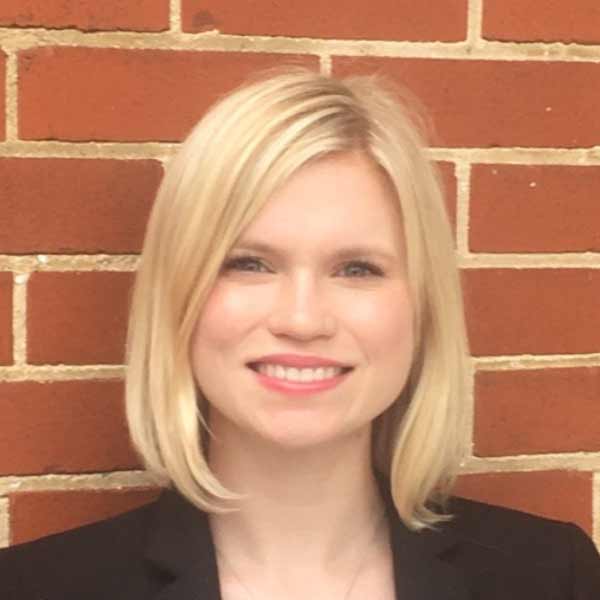
Earn Your Masters Degree in Data Science Online
Data Science is a rapidly growing field in which there are many job opportunities emerging across many disciplines. The program is designed for individuals with bachelor’s degrees who want to learn data science, with no prerequisites of courses in computer science or statistics.
The program will be 30-32 credits of courses taught fully online, with optional once per semester weekend boot-camps for cohort building and software setup.

Earn Your Masters Degree in Data Science Online
Data Science is a rapidly growing field in which there are many job opportunities emerging across many disciplines. The program is designed for individuals with bachelor’s degrees who want to learn data science, with no prerequisites of courses in computer science or statistics.
The program will be 30-32 credits of courses taught fully online, with optional once per semester weekend boot-camps for cohort building and software setup.

Earn Your Masters Degree in Data Science Online
Data Science is a rapidly growing field in which there are many job opportunities emerging across many disciplines. The program is designed for individuals with bachelor’s degrees who want to learn data science, with no prerequisites of courses in computer science or statistics.
The program will be 30-32 credits of courses taught fully online, with optional once per semester weekend boot-camps for cohort building and software setup.
Data Science Program at a Glance
-
30-32 Credits
-
Online Classes
-
Rolling Admissions
-
15 Week Courses, 13 Week Summer Courses
-
Enroll From a Diversity of Backgrounds and Majors
See how a Juniata College graduate degree equips you for success!
Timely reminders, helpful resources, and key insights—delivered to you.
Let us know how to best reach you, and our admissions team will be in touch!

Outcomes That Matter
A Juniata data science student gains the skills to acquire, prepare, analyze, and present data effectively, while managing databases and transforming both structured and unstructured information. They learn to apply data mining techniques, identify patterns, use machine learning algorithms, and select appropriate visualization methods to support decision-making. Graduates also develop the ability to communicate technical insights clearly to diverse audiences and apply ethical guidelines to data management, analysis, and algorithm development.
Outcomes That Matter
A Juniata data science student gains the skills to acquire, prepare, analyze, and present data effectively, while managing databases and transforming both structured and unstructured information. They learn to apply data mining techniques, identify patterns, use machine learning algorithms, and select appropriate visualization methods to support decision-making. Graduates also develop the ability to communicate technical insights clearly to diverse audiences and apply ethical guidelines to data management, analysis, and algorithm development.
Learn From Expert Faculty
93% of Juniata College faculty hold the highest degree in their field, and they bring extensive real-world experience—offering students a rich and practical learning environment. They are dedicated mentors who support student success through innovative teaching, personalized guidance, and active involvement.
Admission Requirements
Entry into the MAcc program requires an earned bachelor’s degree along with the following prerequisites: accounting, business, economics, mathematics, and statistics courses.
- Application with statement of purpose
- Resume
- Official College Transcript(s)
- No Application Fee* or Test Scores Required
*$50 International Applicant Fee
Program Contact

Henry Escuadro Biography →
- Professor of Mathematics
- Mathematics & Computer Science Division Head
- Mathematics Department Chair
- BAC C108C
- (814) 641-3596
- escuadro@juniata.edu

John J. Wright Biography →
- Associate Professor of Computer Science
- Information Technology & Computer Science Department Chair
- BAC C201
- (814) 641-3592
- wrightj@juniata.edu
 skip to content
skip to content






